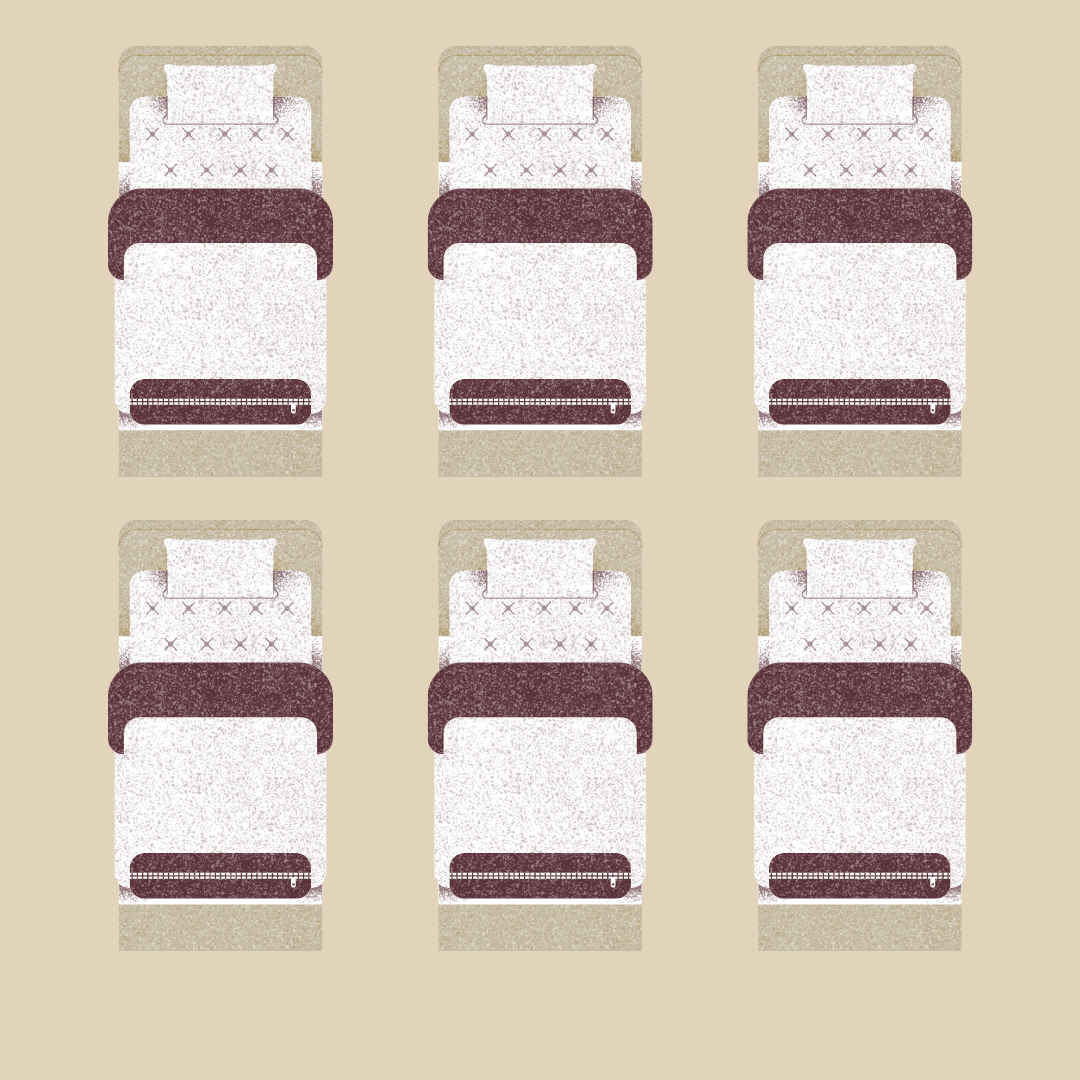Is homelessness only a problem when it is visible and inconvenient? I asked this question when learning about the upcoming U.S. Supreme Court case, City of Grants Pass, Ore. v. Johnson, which will “determine whether municipalities can use local ordinances to ban homeless people from sleeping outside with a blanket or other bedding materials.” If the City of Grants Pass wins, it effectively criminalizes homelessness by allowing these strict regulations; those who oppose this stance, including me, argue it is cruel punishment to ban people from sleeping outside.
Before going into more detail, I will return to the original question: What is the actual problem with homelessness? For lawmakers, the problem is not figuring out how to get these people safe, fed and housed; instead, the problem is their existence, which leads to these ordinances that attempt to erase homelessness through punitive action. The criminalization of homelessness is a nationwide issue, and it’s clear that municipalities would rather back ordinances that push out, imprison and disappear the homeless population than solve the issue through radical organization and a breakdown of systemic failures. The issue seems to be the people themselves, their existence and homelessness as an inconvenience to our capitalistic society that everyone else can allegedly participate in normally.
When and if the state can limit a person’s rights to the degree that they can criminalize someone’s status, how does that keep any of us safe? We are not exempt from the experience of homelessness, especially when it is a side effect of the state; homelessness is a manufactured condition, not a personal failure. Furthermore, it’s dangerous and violently anti-communal to moralize the status of homelessness. As reported by ABC News, Helen Cruz has lived in the city parks of Grants Pass, Ore., for five years. “I was holding down two jobs when I was out here, and it’s still not enough to be able to rent a place,” she said. “The terms of low-income housing here is $1,000 a month, and that’s not workable either.” There are so many systemic failures and points of marginalization that impact the homelessness crisis such as illness, addiction, disability, racism, gendered violence, stagnant wages, the housing crisis and the ongoing impacts of the COVID-19 pandemic.
Many worry that the deep impact will be felt nationwide if the decision goes the way of the city of Grants Pass. The Jefferson Public Radio states,“Attorneys for the homeless say they fear that the city’s actions will set ‘off a banishment race with other municipalities, resulting in a spate of local punishment schemes that collectively operate as a nationwide ban on homelessness.’” The reality is that criminalizing homelessness will not put an end to it. The National Alliance to End Homelessness states that “until humane shelter, housing, and services are made available, people will still sleep outside.” Furthermore, there are incredible barriers to access; if you don’t have an address, you can’t get an ID; if you don’t have an ID, you cannot get benefits, then you can’t get a housing voucher, and it cycles again and again.
Many argue that shelters exist, so these people have no reason to sleep outside, but it is more nuanced than that. The Associated Press says, “Grants Pass has just one overnight shelter for adults, the Gospel Rescue Mission. It has 138 beds, but rules including attendance at daily Christian services, no alcohol, drugs or smoking, and no pets mean many won’t stay there.” Homeless people deserve the same right to freedom as the rest of us, yet it seems that courts are dead set on demonizing homelessness and diminishing the personhood of these people.
However, many in Grants Pass are frustrated with “the trash left behind after encampment moves or food handouts,” and it has been reported that used needles often litter the park grounds. This debate is understandably contentious; residents want the parks to be a safe and clean place for children to hang out, but any move towards a real solution is stagnant. While “Mayor Bristol and advocates have sought to open a shelter with fewer rules, or a designated area for homeless people to camp,” people debate where it could be or who would pay for it. However, this inaction is not sustainable.
Our governments on both national and local levels have shown time and time again that they have little care in assisting in securing a decent quality of life for all people, even though housing is indubitably a human right. Our government should step up and implement national housing strategies. However, in the meantime, mutual aid groups, individuals and grassroots organizations exist nationwide that are dedicated to ending homelessness without criminalization. If this matters to you or frustrates you, I invite us all to get more involved. To start, join your local mutual aid group online, attend community meetings or learn about NARCAN.
Zoë Chapital, FCRH ’24, is an English major from Walnut Creek, Calif.











































































































































































































Marilee Sanders • Apr 25, 2024 at 1:59 pm
This could be anyone I was born in Ashland so I’m a life long Oregonian but life has been hard lately so it’s just scary to know I could be kicked ot my home because I can’t afford my mortgage by the way I can’t right now !